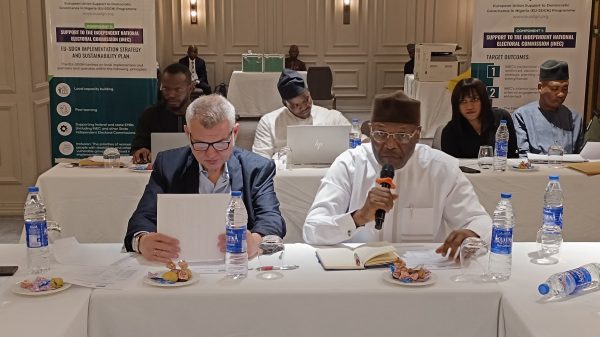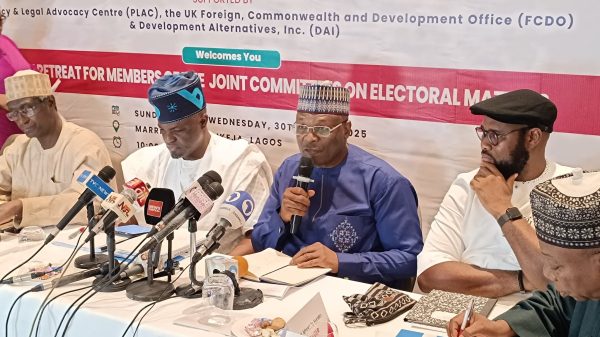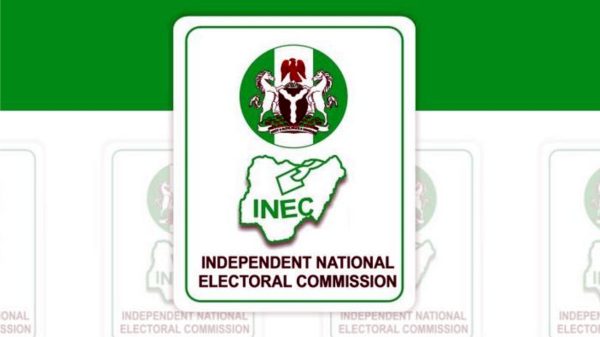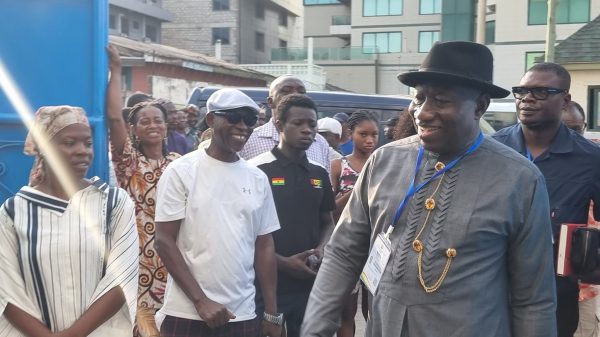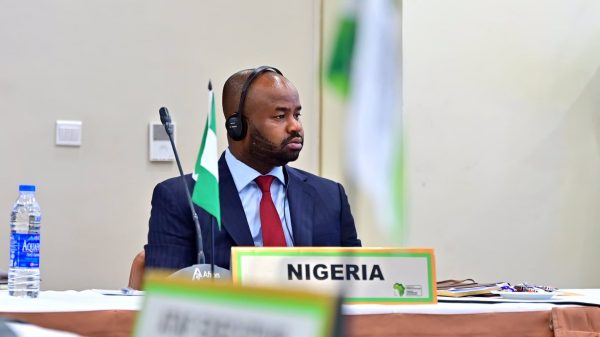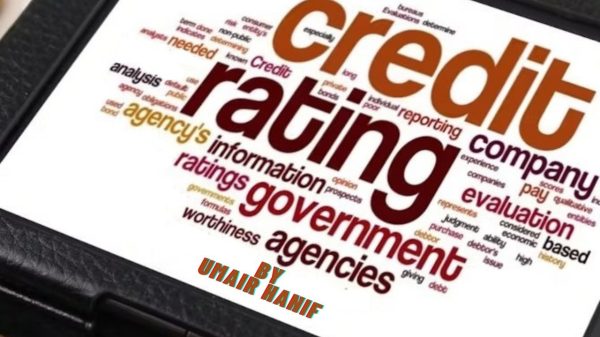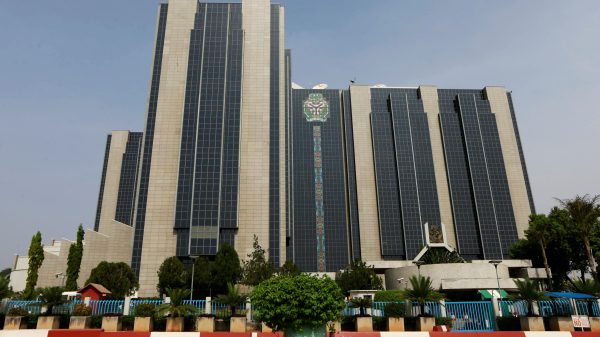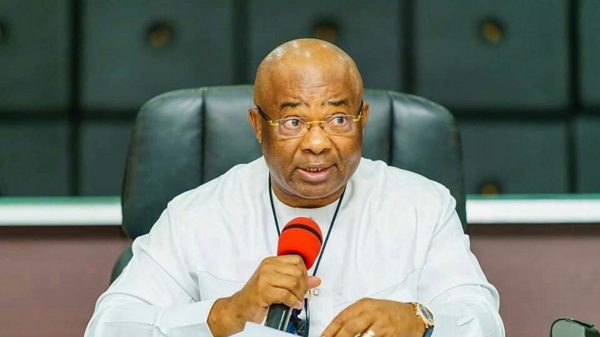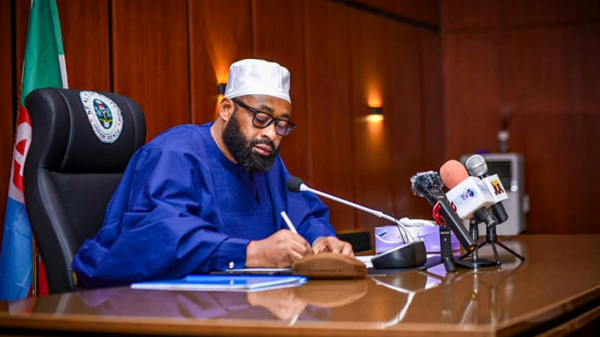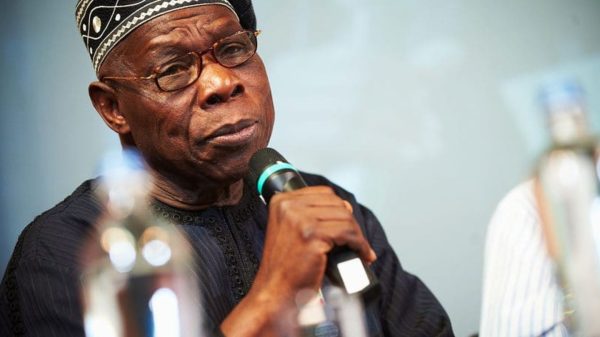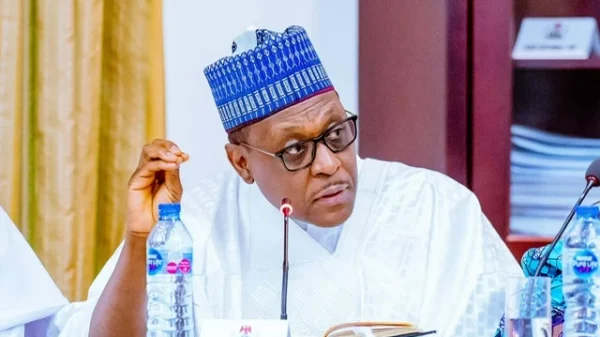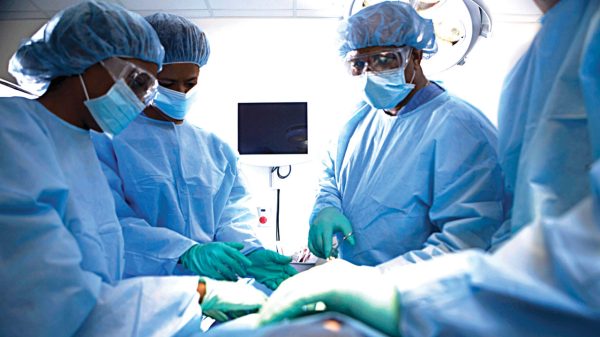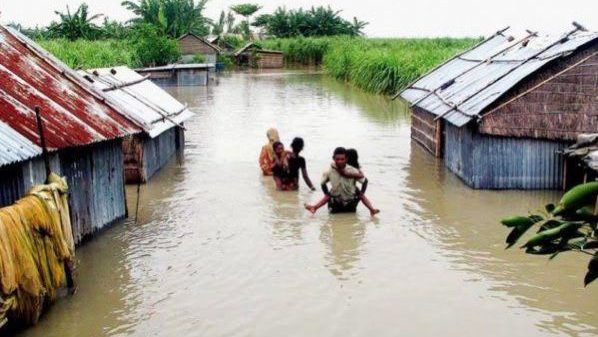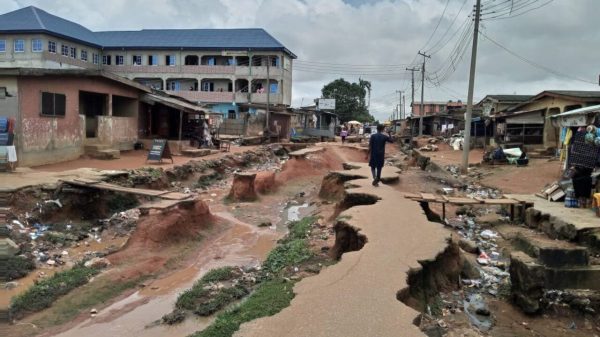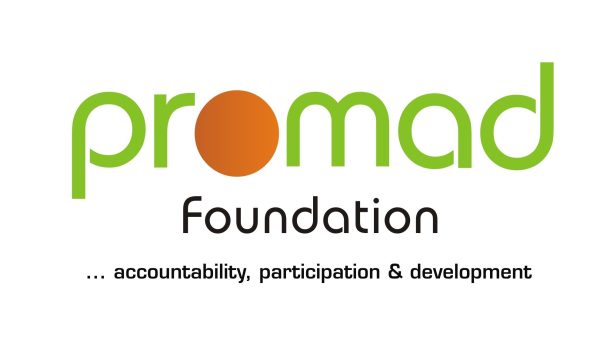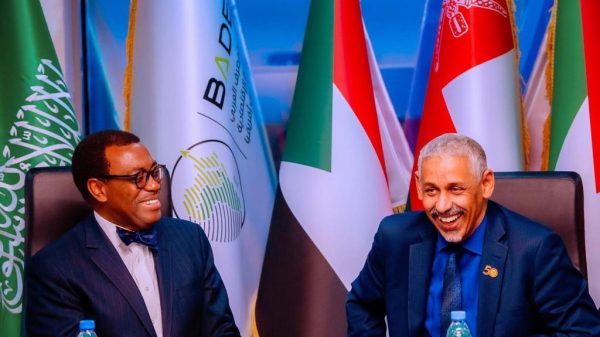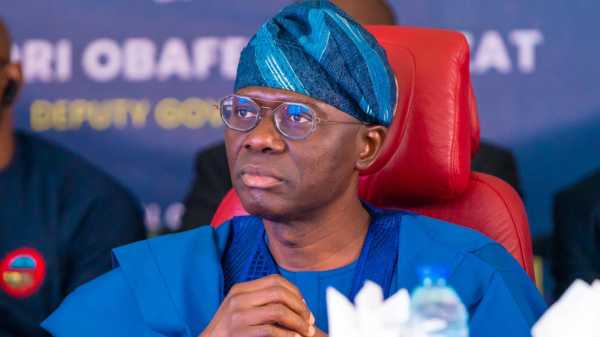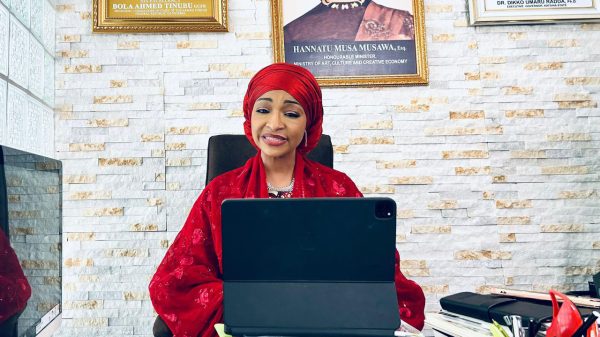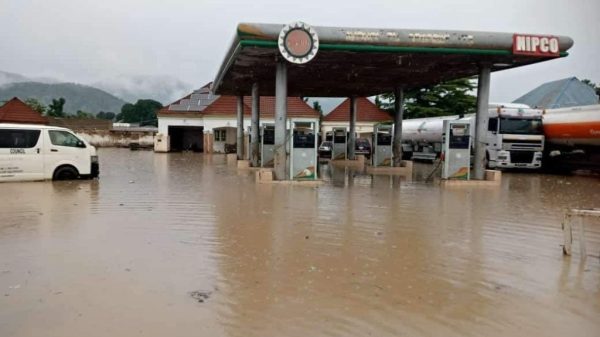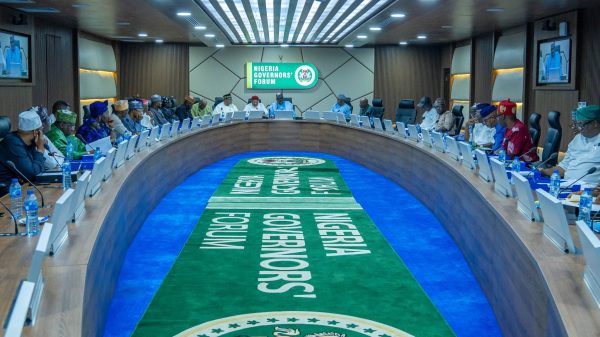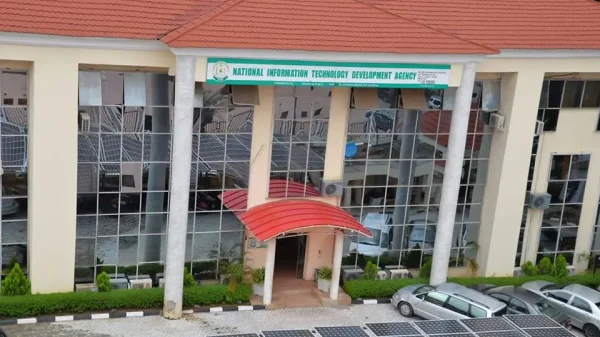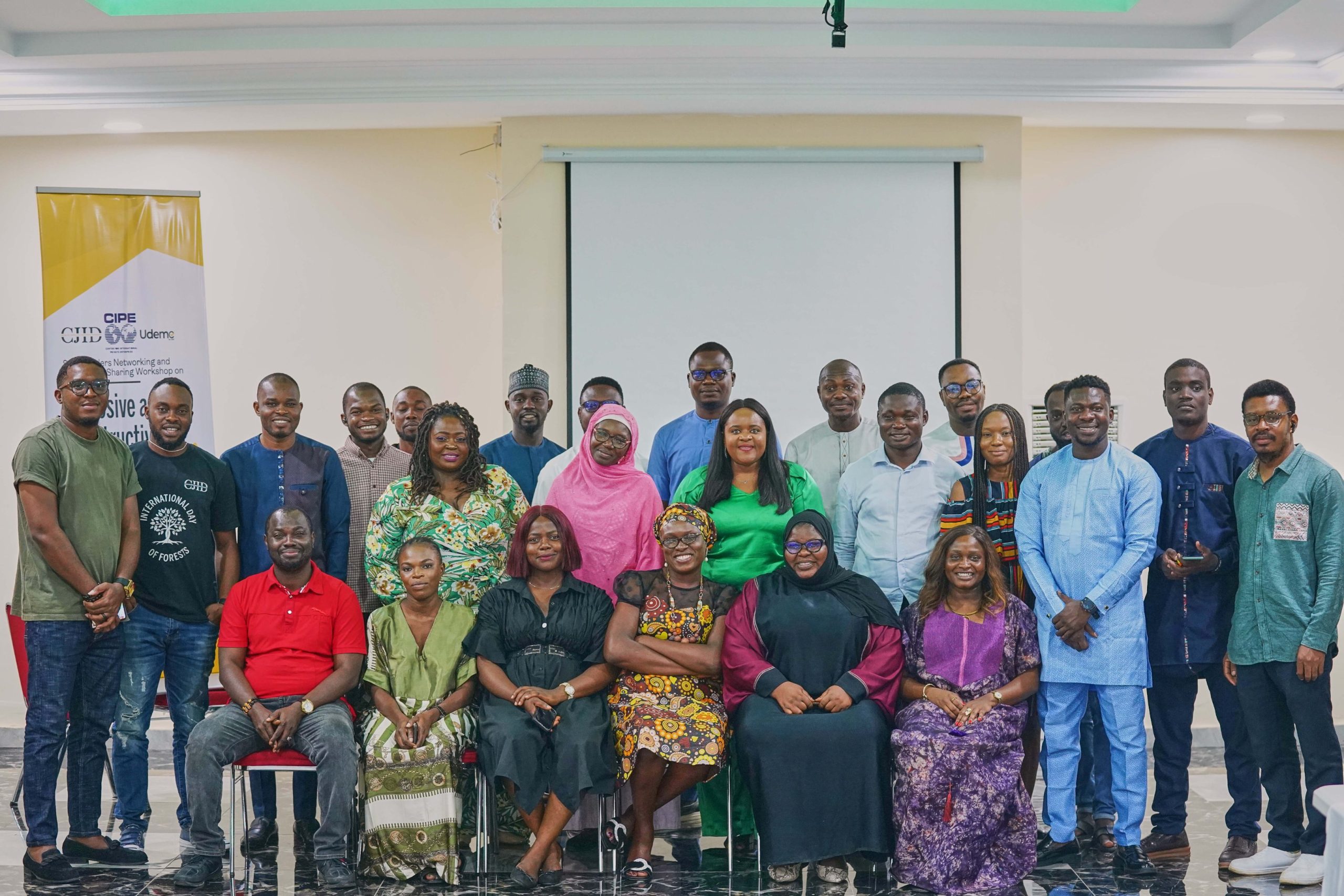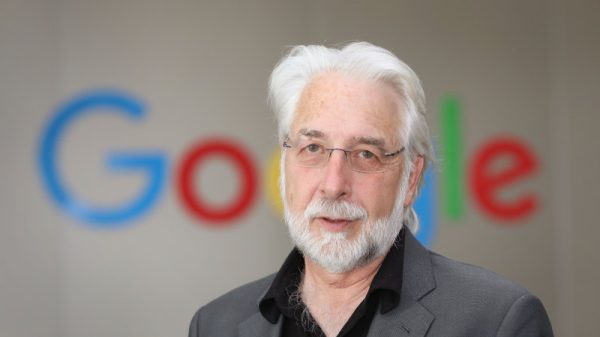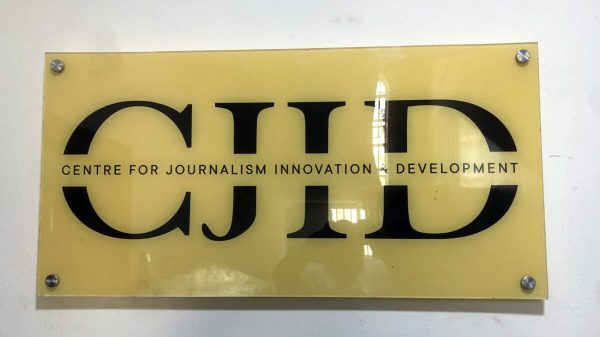The Centre for Journalism Innovation and Development (CJID) and the Centre for International Private Enterprise (CIPE) have trained journalists and civil society professionals on constructive and corrosive capital reporting.
The four days training was held last week in Abuja, Nigeria’s capital with journalists and civil society professionals from around the regions of the country.
Constructive capital simply means a well-governed investment flow that serves transparent, market-oriented, and accountable purposes to drive growth and development.
Corrosive capital on the other hand is an opaque capital flow lacking market orientation with motives to exploit governance gaps to influence economic and political benefits for the donor.
The workshop introduces the participants to how loans, grants and foreign direct investments (FDI) are the major potential sources of corrosive capital—if poorly arranged and shrouded in opacity or constructive capital for the country if well managed.
Tobi Oluwatola, executive director of CJID, speaking during the training said “Foreign Direct Investments (FDI) is one of the major potential sources of constructive capital—if well managed.
“Capital flows to Nigeria often shrouded in opacity may threaten institutions of the state, democracy and foster corruption”, Oluwatola said.
Also speaking, Ryan Partick, CIPE’s director in Philipines and Annan Baldonado took participants through the concept of the Belt and Road Initiative (BRI) monitor methodology for tracking constructive and corrosive capital.
Speaking on the aim of the workshop, Ijeoma Okereke-Adagba, CJID programme officer said “One of the aims of the workshop is to build the capacity of journalists to report foreign capital inflows to Nigeria by critically looking at some indicators that show how transparent the government is in acquiring loans and grants.
“There are certain parameters that should be checked such as environmental and social impact assessment, names of firms tendering for a contract and even references to audit reports”, Okereke-Adagaba said.
The stakeholders’ networking and experience-sharing workshop exposed the participants to how corrosive and constructive capital inflows and investment affect the country’s economy and were tasked to track loans and FDIs and report their impact on the country.






